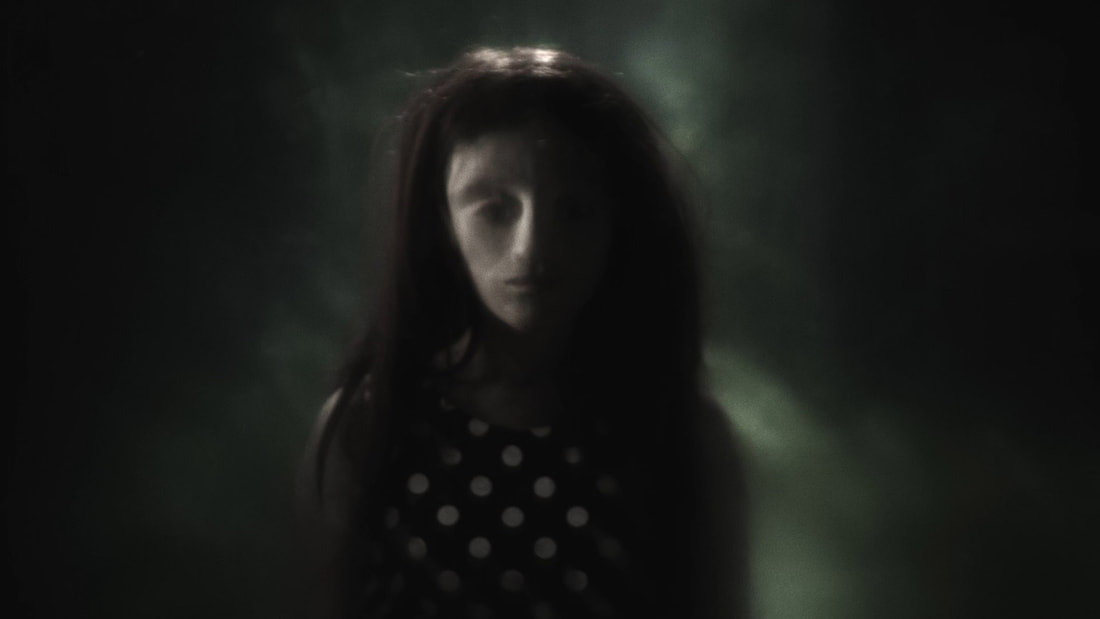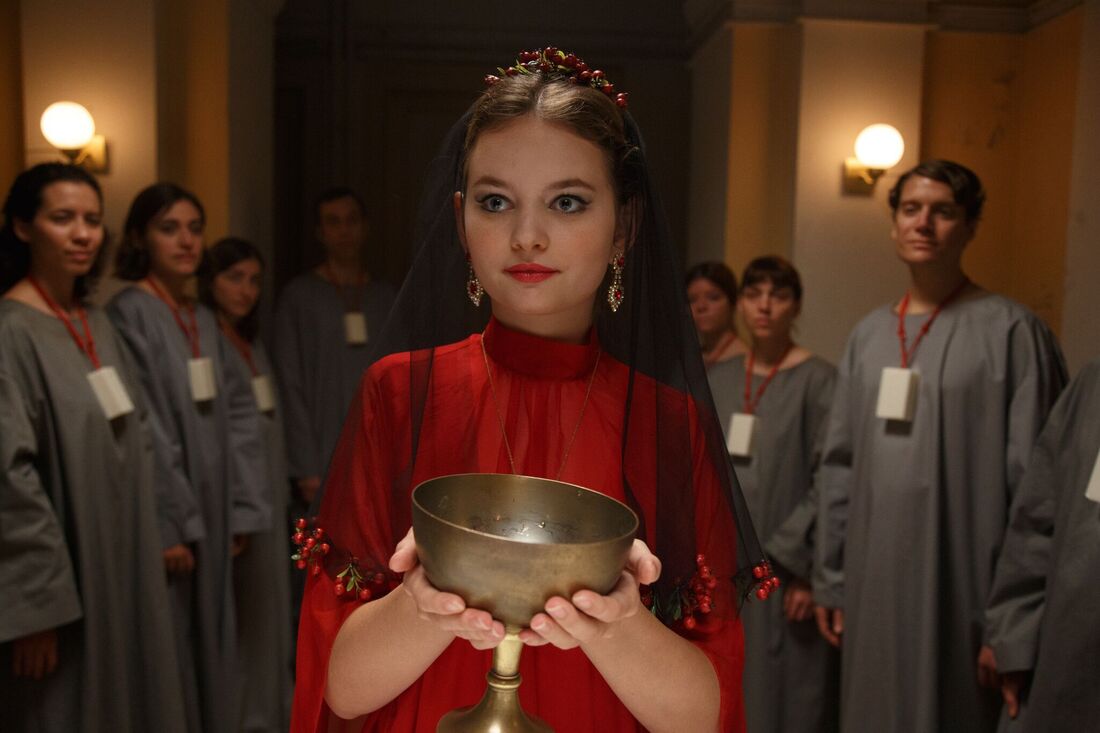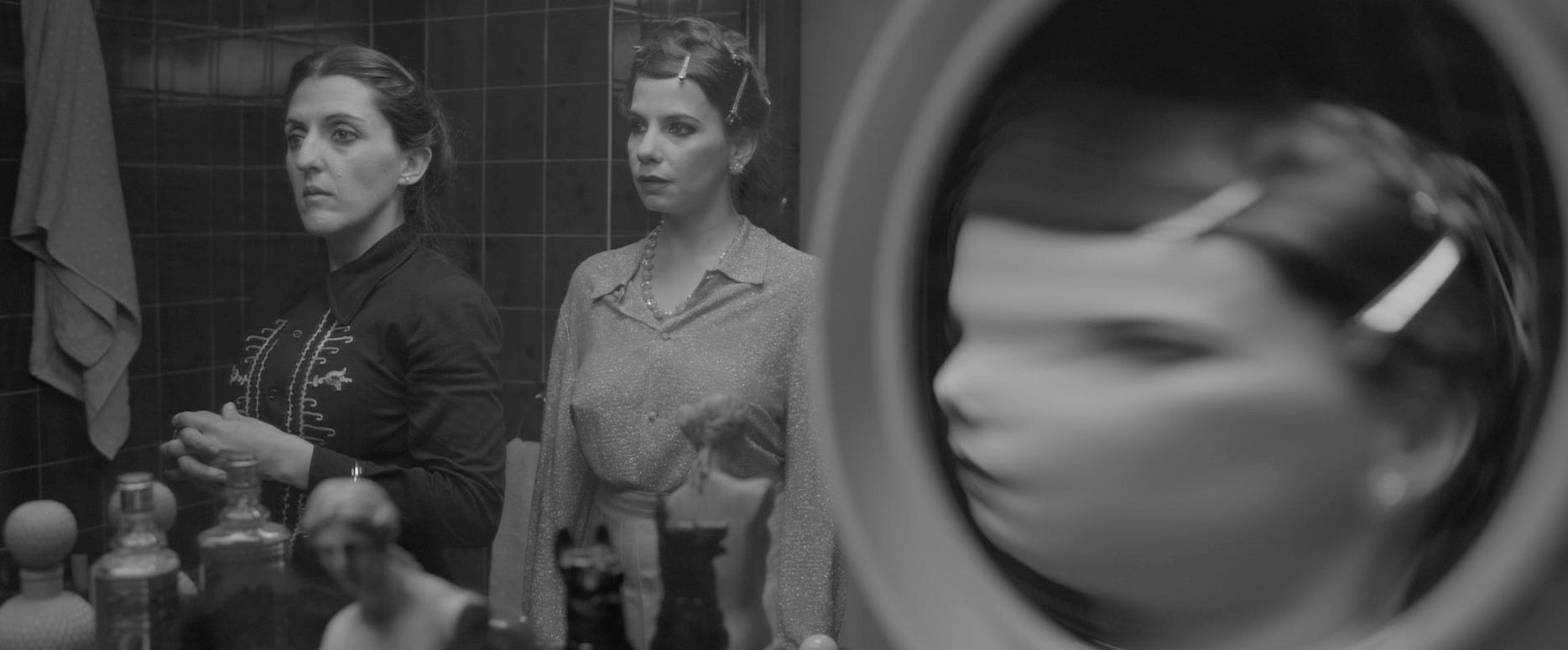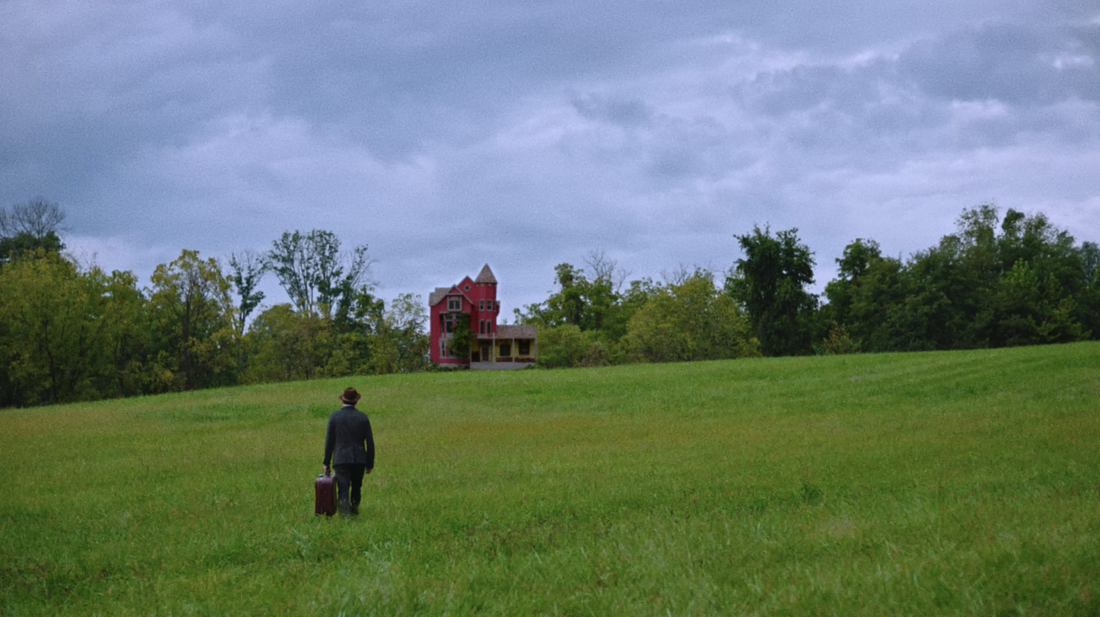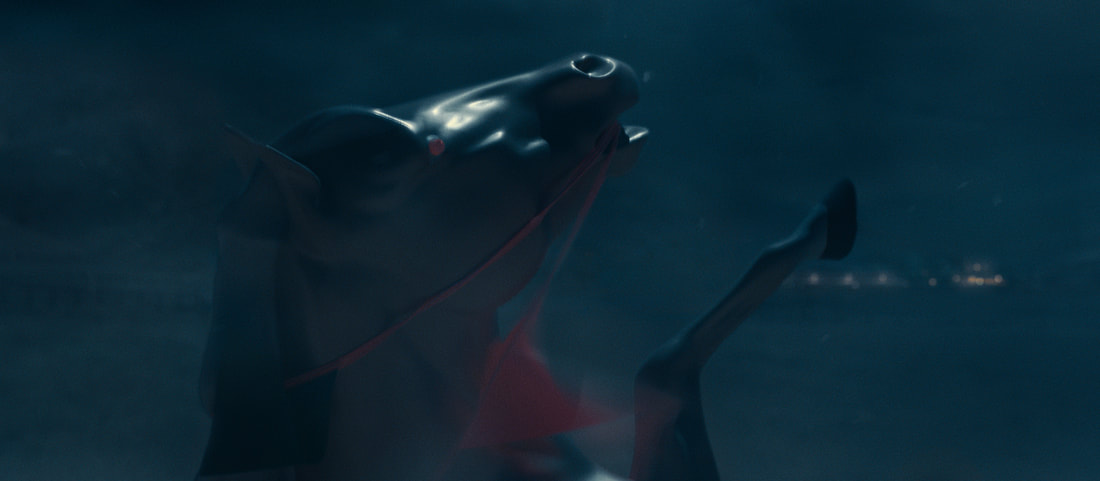“She Said” Forgoes Explicit Trauma and Emotional Manipulation in Order to Respect Survivors of Abuse11/17/2022 When a story about a crime or scandal breaks, you can bet that there’s a movie producer somewhere who’s already in negotiations over the rights to that story — and I can’t blame them. Humans are naturally curious, and there’s something inherently intriguing about the psychology of serial killers and the complex webs of events behind white-collar crimes. In October of 2017, when journalists Jodi Kantor and Megan Twohey published a story that exposed the crimes of Harvey Weinstein, producers Dede Gardner and Jeremy Kleiner had acquired rights to a movie version of the story within a few months. The hasty move seems, at first glance, exploitative and unethical. Why would anyone be in such a rush to make a movie about such a personal and traumatic topic? Can you make such a movie that doesn’t exploit the painful memories of the survivors? But after watching She Said, it’s clear that Gardner and Kleiner, along with director Maria Schrader and writer Rebecca Lenkiewicz, had one goal in mind: to give voice to the survivors in a truthful and respectful way. Weinstein, who is now behind bars, received more than enough attention both before and after the allegations broke. She Said works to shift the conversation about sexual abuse in Hollywood from the perpetrators to the survivors.
0 Comments
When you settle into your reclining theater seat with your favorite movie snacks to watch the anticipated Black Panther: Wakanda Forever (preferably in an IMAX theater, which is definitely worth the extra dollars), you can expect a strong story brought to life by a dedicated cast. While the movie honors the late Chadwick Boseman and the character he brought to the screen in the first Black Panther movie (2018), Wakanda Forever isn’t stuck in the past. Nor is it a sluggish transitional sequel, as the second installments in film franchises often are. It’s an exciting, emotionally gripping, aurally immersive, and visually impressive Marvel movie that is, on every level, a modern-day epic. It follows the stylistic and aesthetic patterns set by its predecessor, keeping director Ryan Coogler’s vision for Wakanda alive. It also introduces a few new characters to the Marvel Cinematic Universe, including Namor (Tenoch Huerta Mejía), the ruler of a stunning underwater kingdom. But the glue that holds the colorful costumes, otherworldly sets, and epic fight scenes together is Shuri (Letitia Wright), princess of Wakanda and sister to the late King T’Challa. Her story and development are what make Wakanda Forever, the second longest movie in the MCU, worth every minute.
Originally published on Elements of Madness. Harry Cleven’s Zeria is a wondrous and enlightening celebration of all the things that make us human. Using a combination of miniature sets, practical effects, and puppet-like masks, Cleven creates a breathtaking and unforgettable world that’s mesmerizing, comforting, and terrifying all at the same time. The film is narrated by the last living man on Earth as he writes a letter to his grandson, Zeria, the first human born on Mars. The narrator (voiced by Merlin Delens) tells his grandson about his full and complicated life, offering insight, wisdom, and heartbreaking truth. He talks about his birth, his troubled childhood, his love life, the sociopolitical changes that happened throughout his lifetime, and his lifelong search for meaning, all while seeking connection with someone who has never experienced life on Earth.
Content / trigger warning: Blonde contains flashing and strobing effect imagery that may be triggering to those with photosensitivity. Blonde is rated NC-17 for some sexual content. It contains frightening and intense images involving abuse, assault, and abortion. These topics are briefly discussed in the review below. Blonde isn’t the feel-good biopic you’re looking for. Nor is it a sentimental tear-jerker. Andrew Dominik’s 2-hour and 46-minute adaptation of the Joyce Carol Oates novel is difficult, depressing, and demanding. It’s the kind of movie that made me tell my parents, “Don’t watch it, you won’t like it” (although the MPAA rating alone would have been enough to turn them away). But as I watched, I also felt that I, as a critic, wasn’t supposed to like it. With so many unconventional stylistic elements at play and so much controversial content, I felt like the only “correct” review I could give would be to call the movie problematic and pretentious. However, that review wouldn’t be genuine. There are certain shots, sequences, scenes, and techniques in Blonde that really don’t work — and yet, I found myself completely engaged with the film, not wanting it to end. It wasn’t until the JFK blowjob scene when a male critic in the audience burst out laughing (to my extreme annoyance, as I was sympathizing with Marilyn’s perspective and admiring what the scene had to say about sexual power dynamics) that I figured out what Blonde was doing right. It was making me aware of myself as a woman, as a critic, as a movie lover, and as a human. Blonde gave me one of the most powerful and visceral experiences I’ve had at the movies in a long time. For that reason, I don’t want to focus on all the little things that didn’t work. Instead, I want to focus on a few big things that it got right. After all, any movie that makes you more aware of yourself has to be doing something right.
Originally published on Elements of Madness. One of the scariest things about cults is that they can form right under our noses. Cult leaders need to psychologically isolate their followers in order to maintain control, but they don’t have to keep everyone on a remote island in order to do so. Still, perhaps the best way to illustrate the intense psychological control that cult leaders achieve is to tell a story about a cult that’s geographically isolated from the real world. Perhaps the best way to demonstrate how a deeply disturbed man could earn the trust and respect of a whole community of devout followers is to confine that man and his followers to a remote location that seems to exist in a universe of its own. In Nikias Chryssos’s A Pure Place, a sickeningly imaginative film that he wrote with Lars Henning Jung, the entire population of a remote Greek island is under the spell of a charming and charismatic leader named Fust (Sam Louwyck). This deeply disturbed (but powerful) man is utterly obsessed with cleanliness, and he’s positioned himself as a savior who will lead the people to a pure place that’s free from man’s worst enemy: dirt. In addition to following Fust, the community also worships Hygeia, the Greek goddess of cleanliness. The cult is intense and otherworldly, so separated from the real world that Fust’s twisted desires have become the only law. The one thing connecting this mysterious island to the outside world is the product that Fust’s followers make in his factory: soap.
Originally published on Elements of Madness. Content/trigger warning: The Attachment Diaries deals with sexual assault, self-harm, mental illness, and abortion. These subjects are also briefly discussed in the review below. The Attachment Diaries is a difficult movie for two reasons. First, it focuses on a handful of difficult topics (including abortion, which has just become more relevant than ever in the United States), and it presents those topics in a blunt and, at times, irreverent way. Second, it’s difficult because it asks us to think about imperfect people in imperfect situations. The film appeals to very raw and carnal emotions, asking viewers to indulge in the thoughts and feelings that we aren’t supposed to think and feel. It’s a good thing that The Attachment Diaries is so masterfully shot, because it may take several viewings to make sense of it.
The “Strawberry Mansion” Home Release Is Your One-Way Ticket to a “Retro-Futuristic” Adventure8/22/2022 Originally published on Elements of Madness. Inception (2010) may be one of the most well-known movies about dreams from the last 20 years, but the indie masterpiece Strawberry Mansion is by far one of the most creative and enchanting. From the minds of co-writers and directors Albert Birney and Kentucker Audley, Strawberry Mansion tells a story about love, imagination, and the importance of dreams, exploring these themes in a rich fantasy world that emulates the sci-fi classics of the VHS era. With a limited budget and a very specific vision for what they wanted to create, Birney and Audley worked for years to make Strawberry Mansion happen. Their years of dedication most definitely paid off, and they succeeded in making a breathtaking and unforgettable movie that transports viewers back to a time when actors in animal costumes was the peak of sci-fi / fantasy production design. The film premiered at the Sundance Film Festival in January of 2021 and went on to screen at the Fantasia International Film Festival later that year. Starting June 21, 2022, Strawberry Mansion will be available on Blu-ray and DVD for fantasy lovers everywhere to add to their home video collections.
If the first trailer for Jordan Peele’s Nope piqued your curiosity with its foreboding tone and vague details, then you were probably bummed out by the final trailer, which seemed to give everything away. You’ll be pleased to know that despite its revealing final trailer, Nope still has a handful of surprises to offer. While it's not quite as intense or chilling as Peele’s first two feature films, Get Out (2017) and Us (2019), Nope is a well-developed, well-rounded, and well-crafted flick that is sure to delight crowds at the theater. It’s filled with all the thrills and chills of a summer box-office hit, bringing together the best of comedy, sci-fi, and horror. And, of course, every shot is accented by Peele’s penchant for the disturbing. As the talented writer and director proved with his first two films, Peele has more than a few tricks up his sleeves when it comes to plot twists, uncanny visuals, and bizarre narratives. Peele has not only joined the ranks of 21st century auteurs - he’s also leading the charge.
Taika Waititi’s Thor: Love and Thunder is far removed from Kenneth Branagh’s Shakespearian take on the comic book series in Thor (2011). The fourth Thor film in the MCU is even more wacky and bizarre than Thor: Ragnarok (2017), which was also directed by Waititi. Perhaps the difference is that this time, Waititi was also responsible for the story and co-wrote the script with Jennifer Kaytin Robinson. The good news is, Thor: Love and Thunder features the same cast and characters we’ve come to know and love over the last decade. Throughout the three directorial changes of the Thor films and the many stylistic shifts of the other MCU films featuring Thor, Chris Hemsworth (Thor) and Natalie Portman (Jane Foster) have remained consistent in their performances, developing characters that can stand the test of time. The question is, can those characters withstand yet another attack on the universe by a new, menacing villain? In Love and Thunder, Thor’s strength is tested once again as he faces Gorr the God Butcher (Christian Bale), a dark and devilish figure who’s hellbent on destroying all gods. King Valkyrie (Tessa Thompson) and Korg (voiced by Waititi) are there to help, but Thor is at a disadvantage because he can’t bring his trusty hammer, Mjolnir, into battle. This time, the legendary weapon has decided to lend its powers to a new warrior: Mighty Thor, aka, Dr. Jane Foster.
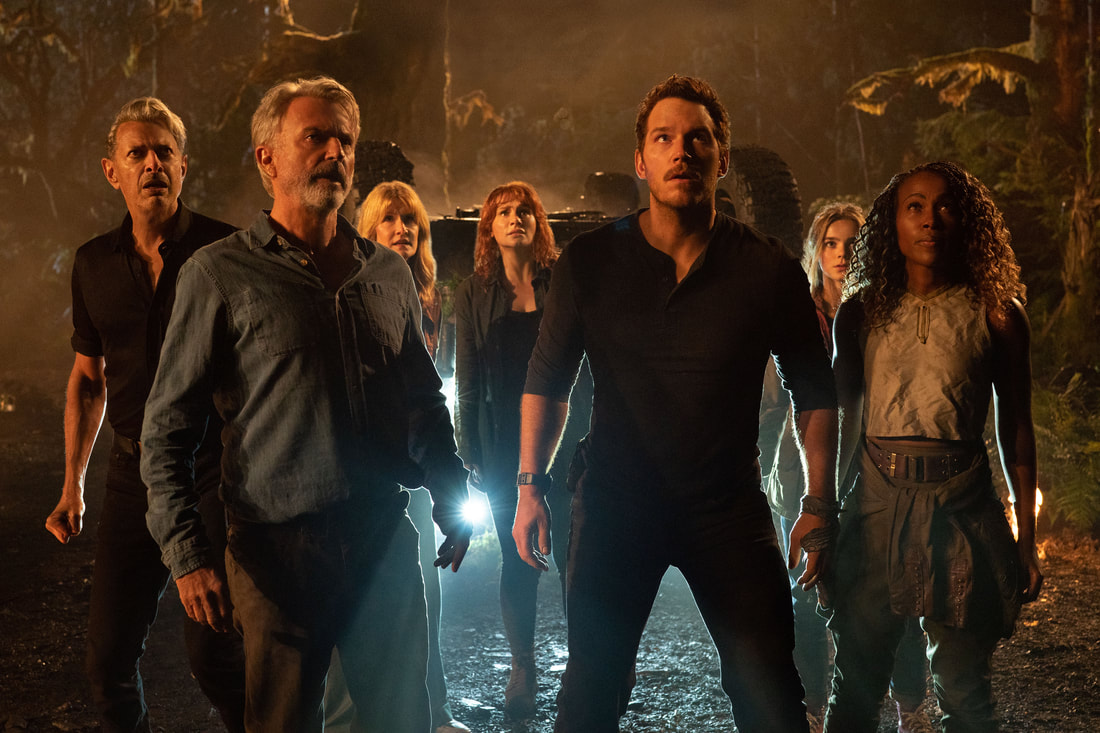 (From left) Dr. Ian Malcolm (Jeff Goldblum), Dr. Alan Grant (Sam Neill), Dr. Ellie Sattler (Laura Dern), Claire Dearing (Bryce Dallas Howard), Owen Grady (Chris Pratt), Maisie Lockwood (Isabella Sermon), and Kayla Watts (DeWanda Wise) in JURASSIC WORLD DOMINION, co-written and directed by Colin Trevorrow. A strong-willed teen enters her mountain home in a huff, avoiding eye-contact with her over-protective mother. When the tough and rugged family patriarch returns home from a full day of horseback riding and animal herding, he greets his wife with a smooch as she tells him that he needs to talk with his daughter about her recklessness. Later, the family gathers around a campfire for dinner, comfy and cozy in their boots and flannel shirts. It’s not the beginning of a made-for-TV movie about a horse ranch – it’s the beginning of the latest installment in the Jurassic Park franchise: Jurassic World Dominion. Luckily, the movie gets a little better along the way, and it hits its stride during the action sequences. The wholesome, home-on-the-range dialogue gives way to suspenseful fights and chases, and the lead characters step aside to make room for the original Jurassic Park trio: Dr. Ellie Sattler (Laura Dern), Dr. Alan Grant (Sam Neill), and Dr. Ian Malcolm (Jeff Goldblum). Oh, and of course, Dr. Henry Wu (BD Wong) is involved, as per usual. But even with the return of these familiar faces, it’s clear that Dominion is a different beast than its predecessors. In a frantic attempt to please fans and bring closure to the Jurassic World trilogy, the creative team behind Dominion threw a bunch of self-referential jokes and half-hearted Spielberg nostalgia into the screenplay and hoped for the best.
|
"Our embodied spectator, possibly perverse in her fantasies and diverse in her experience, possesses agency...finally, she must now be held accountable for it." Categories
All
|




